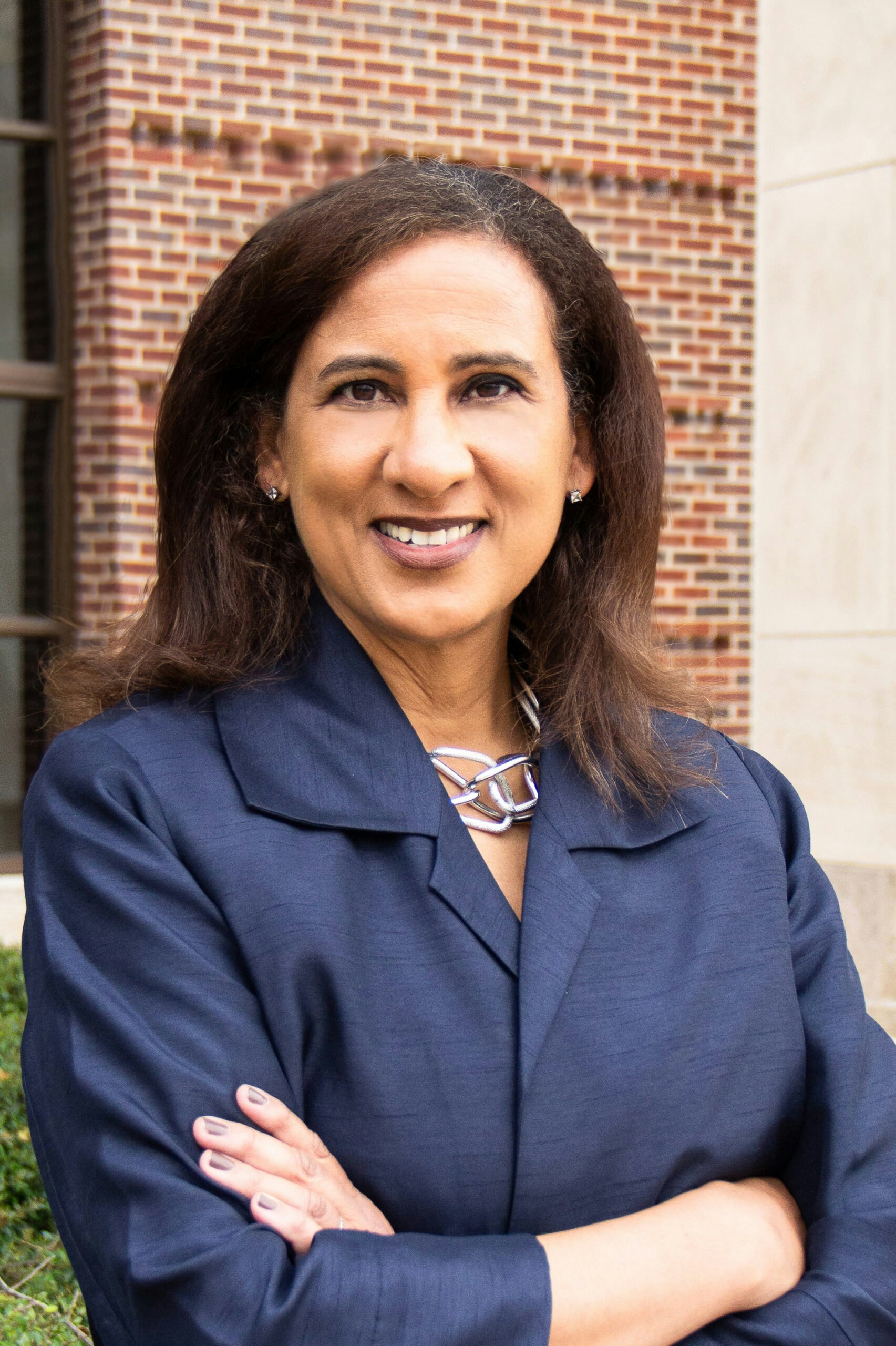America is at a crucial turning point in which people of various political leanings will need to own our nation’s return to core democratic principles.
Across the spectrum, political leaders and American citizens alike have decried the decline in American democracy, with 77% of Americans polled by Marist saying that issues that divide us are a serious threat. Freedom House, which has tracked global democracy trends for over 50 years, reported that the United States has fallen significantly in its scoring system for democracies – to 84 in 2024 down from 94 points in 2010, out of a maximum score of 100.
Each side of the political aisle blames the other for the decline. Yet, reversing it is not something that can be done by one side alone and most certainly will not be accomplished only through blaming the other side. (If it were possible, we would be in great shape!)
Reversing this will require Americans – both citizens and leaders – to jointly work to strengthen democratic institutions, despite policy differences. Political leaders – particularly strong, principled Congressional leaders from both parties and Houses – must distinguish between what should be debated and what we should all agree on. In short, we must distinguish between what is “right and left” and what is “right and wrong.”
Unfortunately, rising polarization, growing mistrust in institutions, and many citizens’ unfamiliarity with how democracy works have upended this distinction, leaving us intolerant about diverse views and highly tolerant of undemocratic behavior from those with whom we agree.
Major policy debates between the right and left are a normal part of a 340 million-person pluralistic society. Our Founding Fathers foresaw factions and the significant debates inherent in a democracy and intentionally built robust institutions to allow our nation to navigate the differences in a large and diverse society. Accepting the existence of political diversity in our nation neither minimizes the significance of these differences, nor does it call for Americans with strongly held views to abandon or negate their own views.
A core foundational principle of any healthy democracy is to protect the rights of those holding different views. Silencing those with differing views – whether by the right or the left – is inherently undemocratic. Leaders and citizens should debate policy differences but accept that our democratic rights extend to all people, even those ones you’d love to censor.
Likewise, leaders and citizens must unite despite policy differences to fight for our nation’s founding principles, codified in the Constitution and the Bill of Rights. These must be defended, particularly by political leaders and influencers, even when being challenged from people in our own party, group or faith.
The three branches of government have distinct roles to play in providing crucial checks and balances on the other branches, ensuring that no one is unduly consolidating power. The rule of law is central to a vibrant democracy, and all leaders and citizens must be subject to our laws. That means extending civil and political rights and protections to all in the United States, not just those in one party, one group, or one faith.
Freedom of the press is a cornerstone of a healthy democracy, and a free and independent press is critical. A vibrant civil society, with diverse nongovernmental organizations, universities, philanthropies, and other actors, also play a crucial role in representing citizen interests, conducting research, and advocating for change.
If you’re still reading, but shaking your head, saying, “I’m fine with this, but the problem is the other side,” you just might be part of this downward spiral that is weighing down our democracy.
Many use that argument to justify their party’s misbehavior, excuse undemocratic actions, or claim inability to take any action to strengthen our democracy, while justifying undemocratic behavior by pointing to the misdeeds of the other party. Likewise, those who claim to be arguing for our democracy are often doing so in ways that are deeply intertwined with their party’s policy agenda, thus making the democracy argument quite easy to dismiss.
Those who will be effective in reversing the decline in American democracy will be those who can stand courageously – at times against their own party – for the institutions of democracy. They fight separately for their partisan agenda and are willing to work with people of different parties, faiths, and backgrounds in the name of democracy and policy.
Every American citizen and elected leader must seize the opportunity to reclaim our democratic tradition.
































